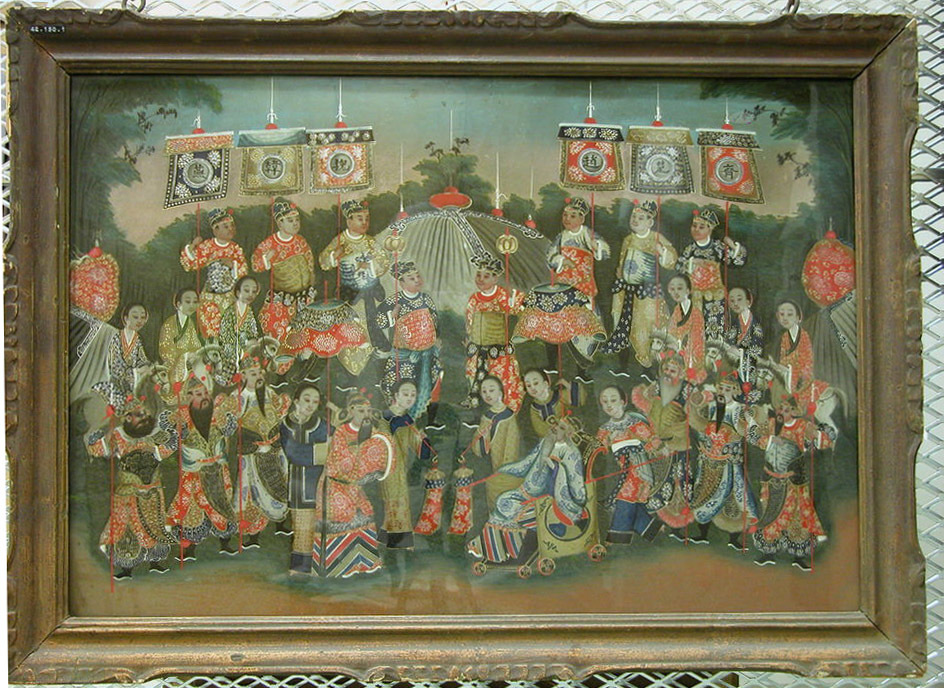What is Cultural Translation?

In the translation industry, professionals are often categorised purely in terms of the language pairs they work in. On a secondary level (but in my view, just as importantly), they may be categorised in terms of their domain specialisations: legal translation, medical translation, literary translation, and so on.
These metrics are obviously important, because they help individuals and organisations who need a translation identify which professionals are likely to be a qualified match.
But here, we veer into the commodification or quantification of skills, at the expense of genuine expertise: Even if a translator ticks the right boxes in terms of languages and sector-specific expertise, how can I, as someone in need of a nuanced, sophisticated translation, be sure that the translator will genuinely “get it”?
What cultural translators bring to the table
Recently, I translated a current affairs opinion piece from Taiwanese Chinese into English (published here).
In this particular article, the author described US President Donald Trump using the phrase 君心難測, which is an adaptation of the classical Chinese idiom 人心難測. On the surface, this could be rendered as “the ruler’s mind is hard to predict”. A literal or surface-level translation might settle for “Trump is unpredictable”, but that would miss the original subtlety of the expression.
To illustrate what I mean, let me unpack the phrase’s original connotations. 人心難測 belongs to the category of four-character Chinese idioms (so-called “chengyu”), which we can often find decent equivalents to in English. But China’s vast written history often means that much subtlety can be lost—or strategically omitted—when such idioms are used in isolation, without the benefit of their original contexts.
These four characters come from a story in historian Sima Qian’s 史記 (Records of the Grand Historian; early 1st century BC):
「始常山王、成安君爲布衣時,相與爲刎頸之交……此二人相與,天下至歡也。 然而卒相禽者,何也? 患生於多欲,而人心難測也。」
“At first,” Sima Qian wrote, “the King of Changshan and the Lord of Cheng’an were commoners; they became sworn brothers willing to die for each other… The two of them shared the utmost mutual affection. But why did they end up betraying each other? The trouble arose from excessive desires—and the vagaries of the heart are difficult to predict.”
So the expression does not suggest unpredictability or inscrutability alone, but connects those traits historically with greed and self-interest, ultimately leading to betrayal. The original author wasn’t just commenting on Trump’s volatility—he was invoking a 2,000-year-old framework for understanding how power corrupts character.
A culturally fluent translator can recognise such allusions and find a way to recast them for a target audience that may not share the same cultural touchstones. That’s the difference between a translation that looks correct and one that reads true.
If your texts require and deserve this level of linguistic and cultural sensitivity, then get in touch: I’d be happy to discuss your projects with you.

Leave a Reply